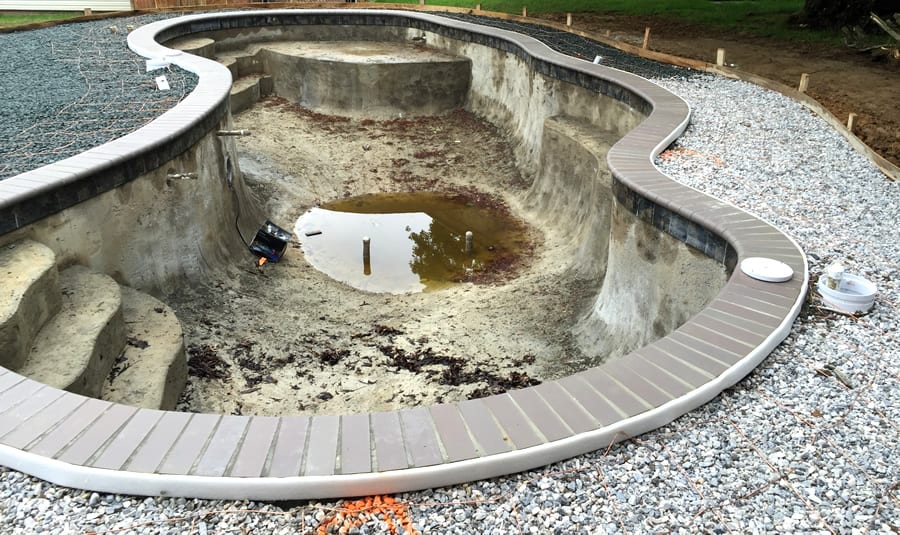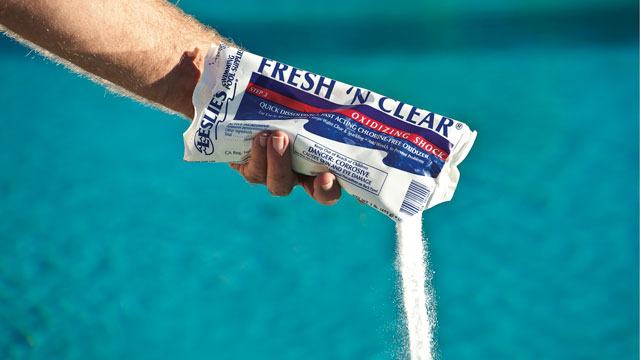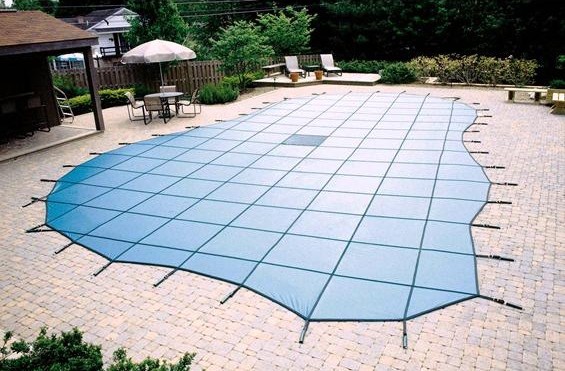Buying a home with a pool seems exciting on paper, but it can be a costly mistake if the pool was not properly maintained or installed. Rather than buying a house with a built-in headache, you should get a pool inspection to identify potential problems on the property. In this guide, we provide some pool inspection tips for homebuyers so you do not have to worry about making a bad investment.
Get a Professional Pool Inspection – Not Just a Home Inspection
Home inspectors are great at their jobs, but most of them are not well-versed in the intricacy of pool repair and pool maintenance. That is why it is best to hire a separate inspector to look over your pool so he can check all of the components that may fail with age or wear. At Pool Max, we have a whole team of swimming pool experts available to look over your pool for you. We will make sure it is ready to go before you buy your home.
Look beyond the Surface
If you are trying to do an inspection on your own, you need to make sure you assess the inner workings of the pool, not just what you can see on the surface. It is easy to spot cracks and tears in the pool lining, but that may only be a small part of the problem. Check all of the equipment, and run a pressure test to see if there are any leaks at this time. A professional pool inspector will be able to take care of all of that for you.
See the Pool Running
Ideally, you should ask to see the pool up and running to determine if it is working properly or not. This may be difficult to do if the home is completely vacant, or if the weather is not exactly “pool friendly.” If it is possible though, seeing the pool running will give you some peace of mind about its functionality as a whole. You should still get an inspection no matter what.
Check the Fence and Pool Cover
If the pool comes with a fence or cover, make sure you inspect that as well. This is especially true for automatic covers, as those can be expensive to replace. Look for rips in the cover or holes in the fence that could compromise the safety of your pool area. If the pool does not come with either of those options, you may want to get a quote for them so you can negotiate a better price on the house.
Use the Pool Inspection as a Bargaining Tool
Once you know what issues the pool may have, you can use that information in your negotiations with the home seller. Explain the costs that you will have to incur once you purchase the home, and see if you can get a better price overall. You can use the savings to invest in repairs and replacement parts when the home is officially yours.









